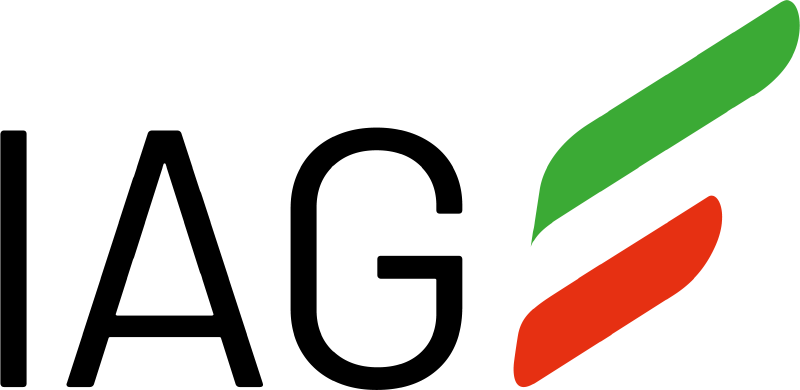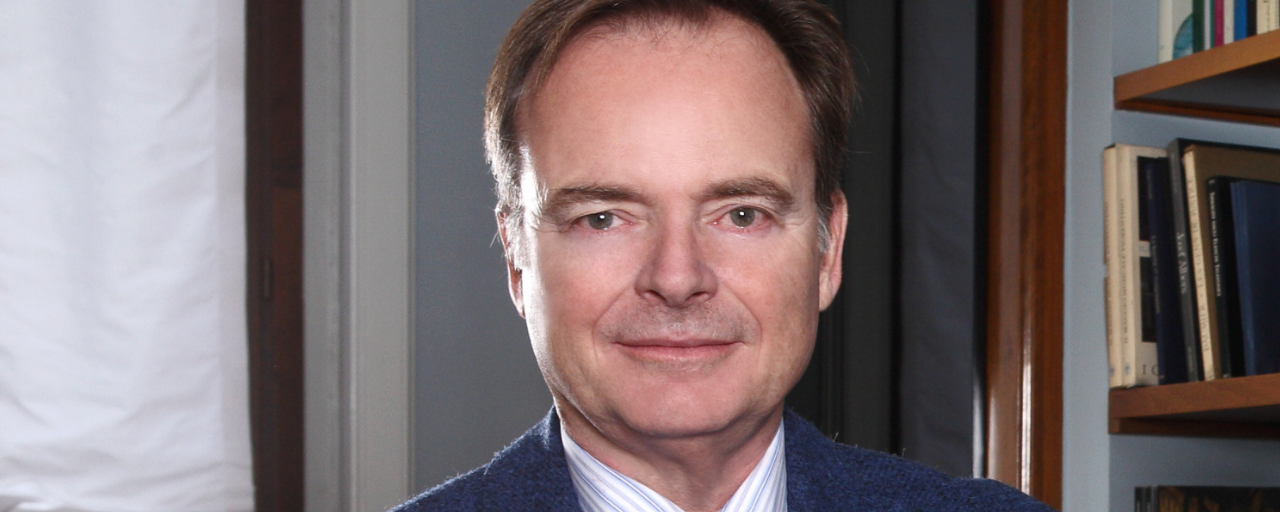This year IAG celebrates 15 years since its birth. Let's find out more with Francesco Marini Clarelli, founding member and Honorary President of IAG.
What is your background?
I started my career at Bank of America in New York right after university, where I was in charge of interbank relations with Italian and Spanish credit institutions. Already at a young age I was passionate about financial markets, and this great passion led me to work as a broker in a brokerage firm based first in America and then in Europe. When managing the money of my clients I immediately realized that I had the nature of an investor. I had a way to manage investments with my clients in an innovative way by focusing on investment themes rather than on classic management strategies. Thinking about investment themes, I was able to imagine market and technological trends before they became current. I always wondered how to make a specific trend become reality. I decided to try it myself. It was the early 2000s when I founded LuxLook, probably one of the first e-commerce companies operating in the world of fashion. My experience as an entrepreneur did not give the desired results and lasted a short time, it was too early for that business model. I decided instead, given my convictions, that someone else would make it. A young entrepreneur (at the time), Federico Marchetti, who had just founded Yoox. The investment in Yoox was my first real experience as a Venture Capitalist, making me passionate about this style of investment that allowed me on one hand to invest following my innovative investment thesis, and on the other hand to support entrepreneurs and help them create economic and social value.
You are among the founding members of Italian Angels for Growth along with Luigi Amati, Marco Asquini, Luigi Capello, Enrico Castellano, Lorenzo Franchini, Andrea Mandel Mantello, Antonio Sfiligoj, and Marco Villa. Can you tell us about the birth of IAG?
The American ambassador to Italy at the time, Ronald Spogli, called us for a fact-finding trip to Milwaukee and Kansas City. We were lectured on how angel investing associations worked in the United States and for me, this event opened my eyes. We realized the potential of a structure like those seen in the United States back in Italy and nine of us founded IAG. Since then, our great adventure began.
What is a moment you remember with great pleasure?
When I was elected European Business Angel of the Year in 2011 by the European Association of Business Angels, which chooses a winner from over hundreds of business angel associations across Europe. I realized that IAG was on the right track.
What were the main difficulties encountered at the beginning of this adventure?
When we founded IAG there were few structured players in the world of venture capital in Italy. Explaining that the experience of an entrepreneur who had failed was a very important asset to those interested in our world was a cultural challenge. Today, venture capital is common and an asset class that is talked about a lot, but at the time it was very different.
What were the first investments made by IAG members and what were the criteria used when selecting startups?
We proactively sought out the first investments, in the sense that entrepreneurs had no idea that there was an organized group that could support them from the very beginning. Today, entrepreneurs know that they can count on business angels, and they are proactive in being found. All the early partners were constantly looking for entrepreneurs with experience and strong ambitions who had the goal of developing a business with high barriers to entry and who had a proof of concept.
An anecdote never told until now?
A few years after the founding of IAG we started receiving passive business plans that were forwarded to us by email. Some of these ideas will go down in history, like the one that wanted to create a world championship in chariot racing and reach the same level of turnover as Formula 1 in a few years. Despite this, I have to thank the operational team that among thousands of opportunities we received per year, managed to identify some very good ones. As you know, in seed investing there is little science, just think about the time.








